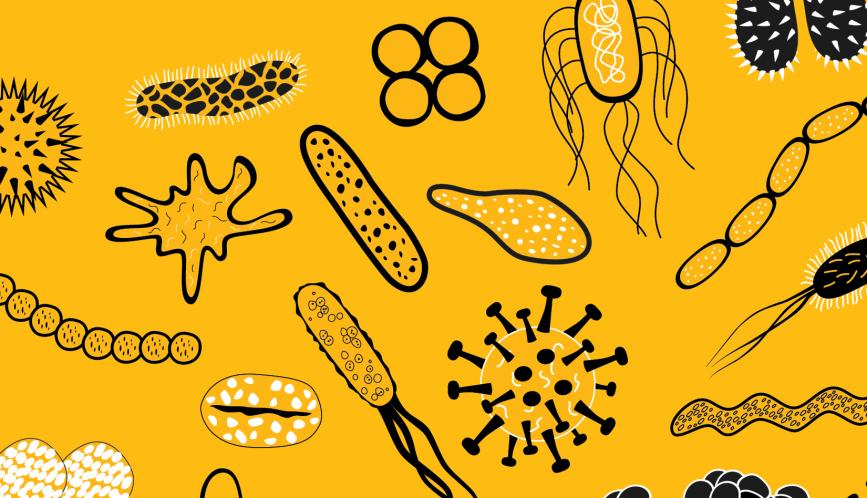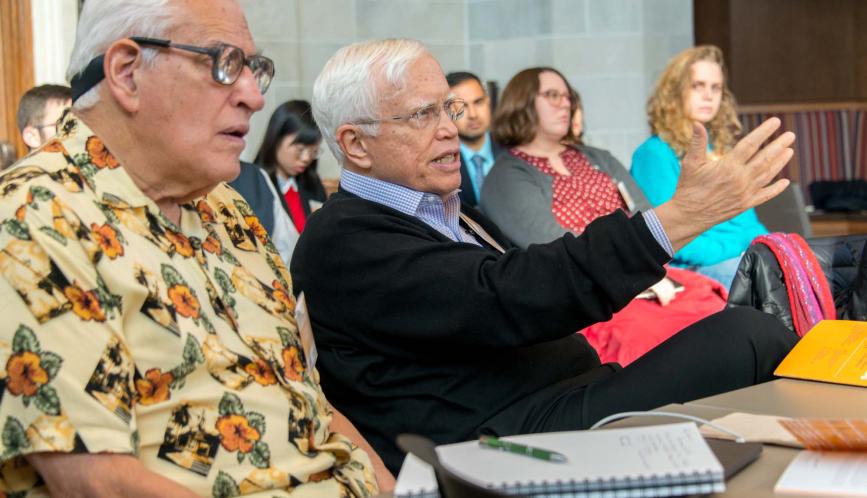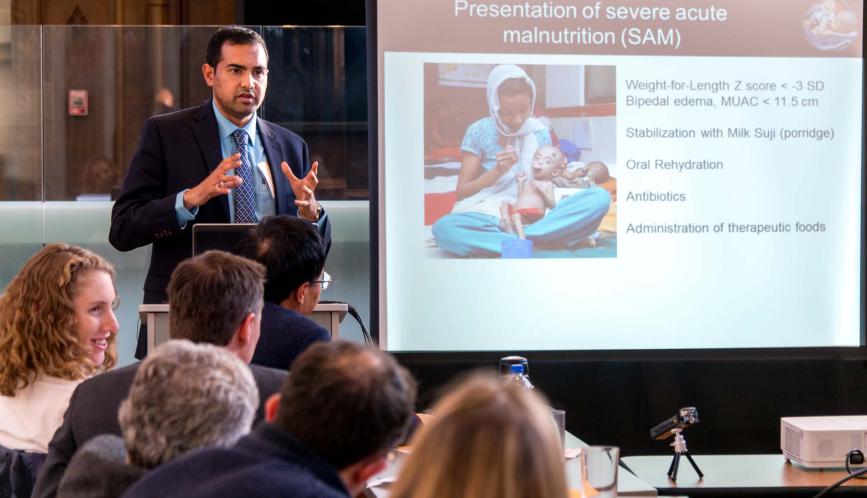This workshop surveyed the rich body of literature describing the gut microbiota and its interactions with human environments in an effort to explore its potential integration into health disparities research. The workshop began by establishing a baseline understanding of the gut microbiota and its impact on host health, ecology, and evolution. Specifically, the workshop examined how the presence or absence of specific microbial taxa and functions in human populations can influence patterns of health and disease across space and time. The participants also discussed mechanisms by which these microbial traits can accumulate across generations, potentially amplifying disease processes. To understand these dynamics in a broader evolutionary framework, and to consider potentially unique features of human host-microbe relationships, the participants reviewed host-microbe relationships in the context of other mammals, with particular attention to comparisons between humans and other primates.
The wokrshop continued by exploring the factors that shape the initial composition and function of the gut microbiota during early life, including a comparison of the effects of host genetics and environmental factors. The participants also considered how the resulting variation in the gut microbiota during infancy and childhood can affect the development of host metabolic, immune, and neuro-endocrine physiology. These interactions between hosts, their environments, and the gut microbiota likely play a critical role in establishing health disparities that emerge later in life.
The second half of the workshop addressed environmental and lifestyle factors that can affect the gut microbiota post-establishment. These influences may reinforce existing health challenges and/or trigger additional health outcomes. In this vein, participants explored reported patterns of variation in the gut microbiota across populations and cultures that may be associated with particular lifestyle factors. The workshop concluded with a consideration of emerging microbial therapies and their effectiveness for treating chronic disease. While more basic research is necessary to fully understand the role of the gut microbiota in establishing and perpetuating health disparities, a discussion of the potential for altering these pathways is warranted at this stage. Participants specifically discussed the stability of the gut microbiota at different life stages and the perceived capacity of several interventions for interrupting microbially-mediated patterns of health disparities.
This workshop improved our understanding of the potential relationship between the gut microbiota and health disparities and identified key knowledge gaps. Additionally, because the diverse perspectives represented by our speakers and participants facilitated stimulating discussions, the workshop catalyzed new research directions in the field of health disparities.














